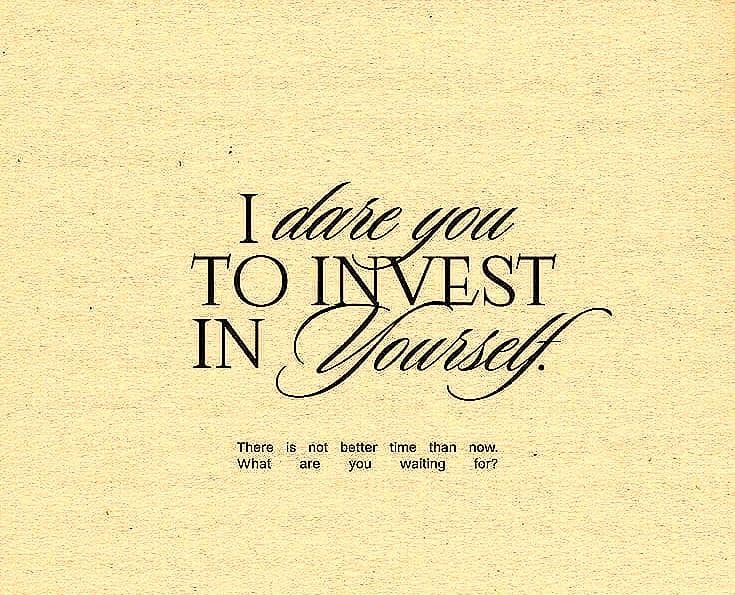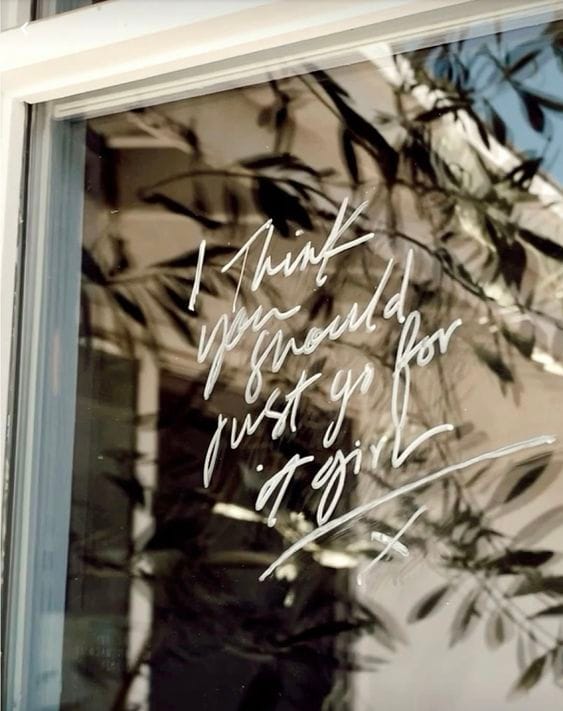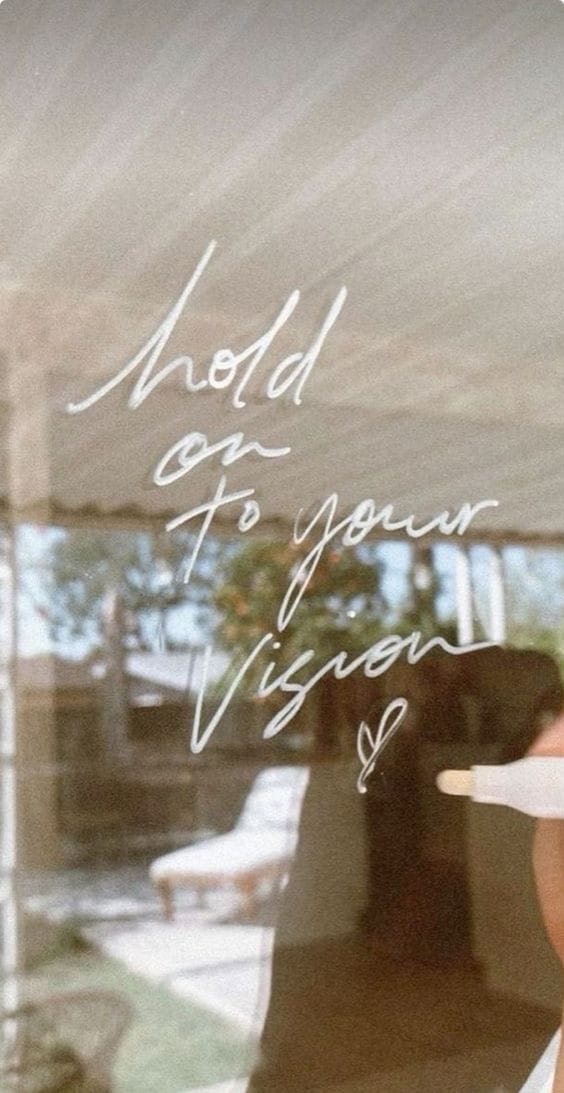Why We Sometimes Find Comfort in Being "Stuck"

Getting Unstuck
Hey there,
Let’s dive into something that might feel a little uncomfortable but is so important to talk about—why we sometimes find comfort in being stuck.
Yes, that's right... It might sound counterintuitive, but there’s a concept called secondary gain that helps explain this.
Even the unhealthiest behaviors or patterns in our lives can serve a purpose...often on a subconscious level.

>>The Comfort in Stagnation
Have you ever found yourself in a situation where you know you should be doing something—taking that next step, starting that project, making that change—but somehow, you just can’t get yourself to do it? And then, instead of feeling motivated, you end up stuck in a negative feedback loop, feeling even worse because you’re not taking action.
This is where secondary gain comes into play. It’s the idea that even when we know something isn’t good for us, there’s some comfort or perceived benefit in staying where we are. Maybe it’s the avoidance of failure, the fear of the unknown, or simply the familiarity of our current situation.
Something to think about:
- Do you recognize any areas in your life where you’re stuck? What might be the subconscious comfort or secondary gain that’s keeping you there?
>>The Intention-Action Gap
In the academic world, this struggle is often referred to as the intention-action gap—the space between knowing what you want to do and actually doing it. It’s frustrating, isn’t it? You have the intention, the desire to change, but translating that into action feels like an uphill battle.
Something to think about:
- Think about a time when you had the intention to do something but struggled to take action. What was holding you back? How did it make you feel?
>>Breaking Free with Micro Yeses
So, how do we get from stuck to go? The key is to start small—smaller than small. I like to call these steps micro yeses. These are tiny, almost insultingly small actions that are so easy to do, you can’t help but say yes to them. The idea is to build momentum through these micro yeses, gradually moving from a state of inaction to one of progress.

Something to think about:
Identify an area in your life where you’re stuck. Now, think of the smallest possible step you could take in that direction—something so small it almost seems silly. Write it down and commit to doing it today.
Micro yeses work because they’re not overwhelming. They help you bypass the fear, doubt, and resistance that come with bigger steps. Over time, these small wins build up, creating a positive feedback loop that propels you forward. You go from stuck to unstuck, not by making huge leaps, but by taking tiny, manageable steps.
Action Step:
- Start with One Micro Yes: Pick one area where you feel stuck and identify a micro yes—a small action you can take right now. It could be as simple as writing down your goal, sending a quick email, or setting a timer for five minutes to work on a task. The key is to start.
Getting unstuck doesn’t require monumental effort. It starts with acknowledging the secondary gain that might be keeping you in place and then breaking free with micro yeses. These tiny steps can lead to big changes over time. So, next time you find yourself stuck, remember that the path to progress doesn’t have to be daunting—it can start with the smallest of actions.
What’s Next?
Join the Conversation:
- Share in the comments: Have you ever experienced the intention-action gap? What micro yeses could you take to start moving forward?
Stay Connected:
- Podcast: Tune in to the latest episode of "Unstuck with Ethan Grant," where I explore how to overcome the intention-action gap and find momentum through micro yeses.
- Newsletter: Sign up for weekly insights on personal development, breaking free from stagnation, and achieving your goals one step at a time.
Need More Guidance?
- Coaching: If you’re feeling stuck and need help identifying your micro yeses, let’s talk. Book a one-on-one session, and together we’ll create a plan to get you moving toward your goals.
Here’s to taking that first micro yes and watching how it transforms your journey.
Wishing you progress and clarity,
Ethan Grant
P.S. Stay Connected with us on Unstuck the podcast:
DOWNLOAD
Listen to Unstuck on Apple
Listen to Unstuck on Spotify
Follow us on Instagram @ethangrantmark
Follow us on TikTok @unstuckpodcast




Member discussion